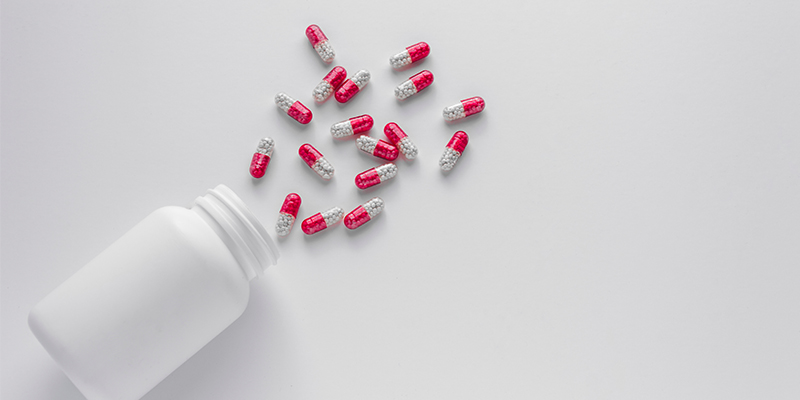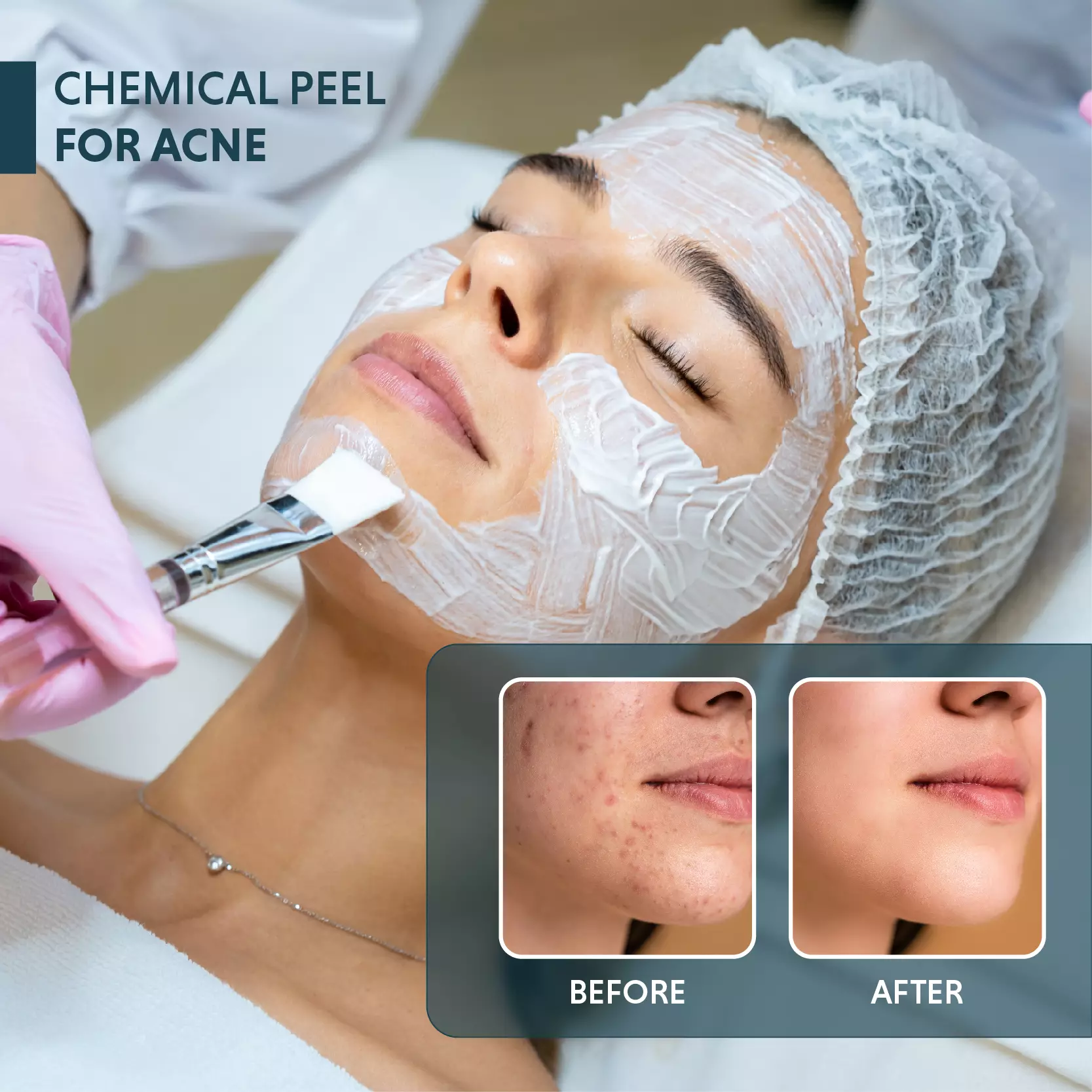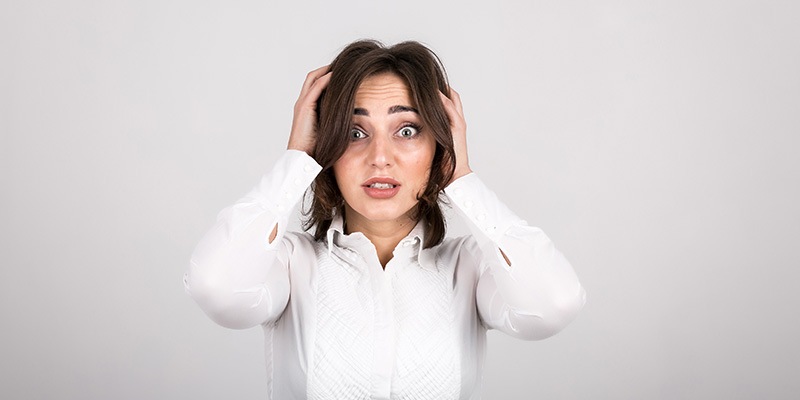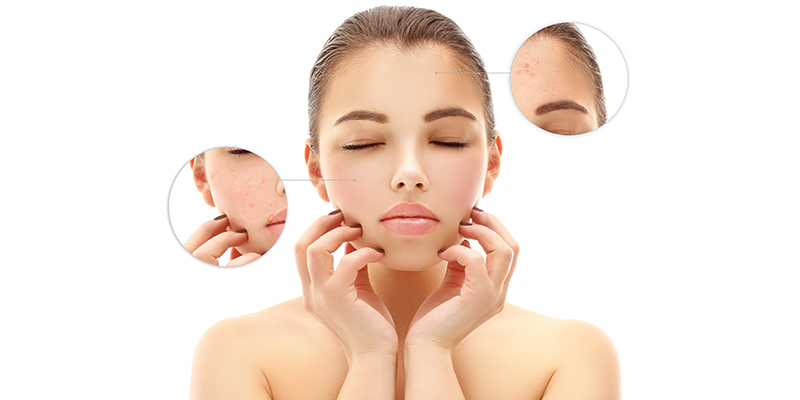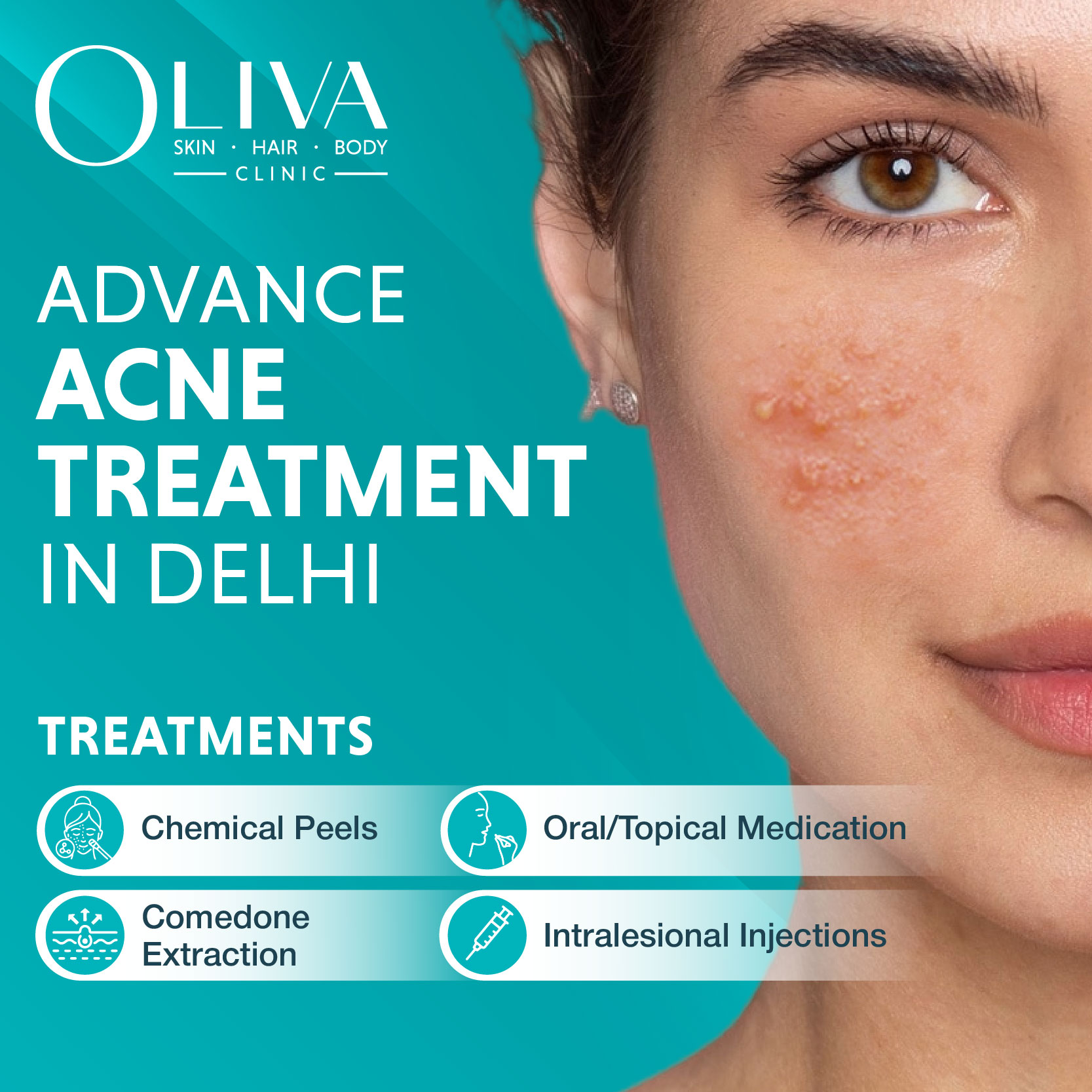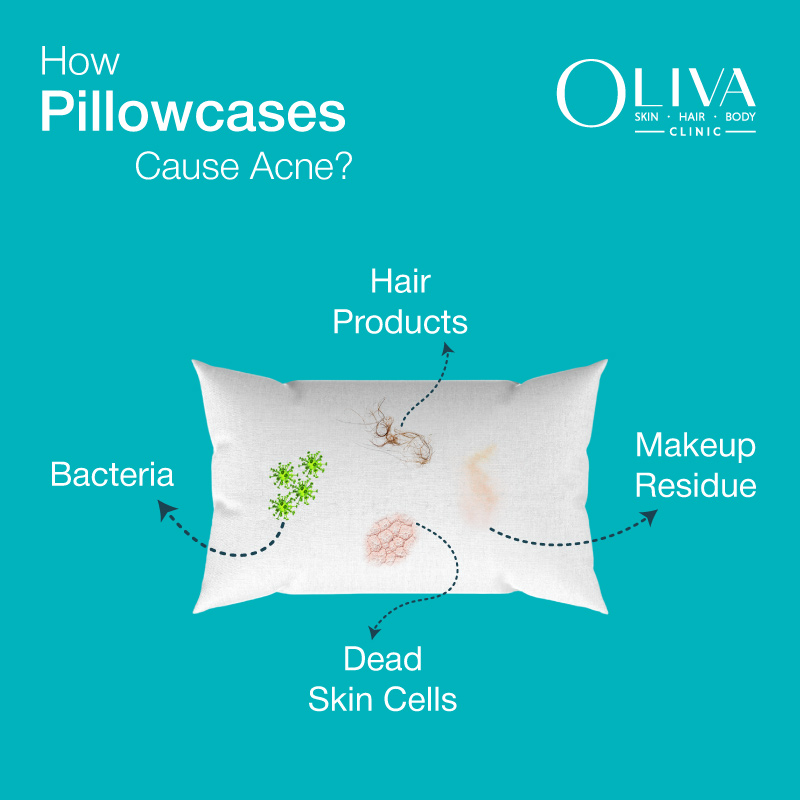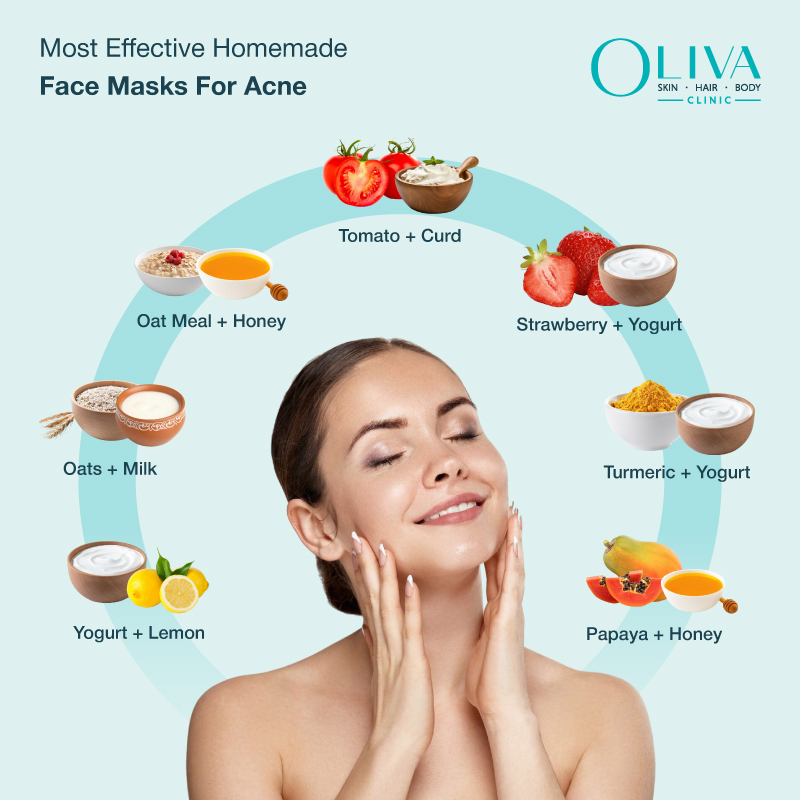Minocycline For Acne – Uses, Dosage And Side Effects
Has your dermatologist prescribed minocycline for acne? Here are the uses, benefits, side effects, and precautions you must know before using this antibiotic.
What Is Minocycline?
Minocycline is a broad-spectrum tetracycline antibiotic used as a prescription drug for treating many ailments. Approved by the United States Food and Drug Administration (FDA) in 1971, it is a lipid-soluble antibiotic highly beneficial for treating acne vulgaris. A topical foam formulation of minocycline got approval from the FDA in 2019 for use in treating moderate to severe acne
Must Read: What Is The Best Treatment For Acne?
Minocycline Vs Tetracycline Vs Doxycycline
The tetracycline group of drugs is an effective treatment choice for acne. Different drugs of this group used in acne treatment include doxycycline, minocycline, tetracycline, lymecycline and sarecycline.
Sarecycline is the only narrow-spectrum anti-acne antibiotic compared to the others in the group. Dermatologists prefer minocycline over other forms as it is fat soluble, available in oral and topical forms and has a convenient once-daily dosing regimen due to its long duration of action.
Doxycycline is an excellent alternative treatment if you are allergic to penicillin, as it has less chance of causing adverse side effects.
Tetracycline has multiple side effects with limited availability.
How Does Minocycline Work For Reducing Acne?
Using minocycline for acne is one of the most effective and safe options. The drug works in two ways.
- Since minocycline is an antibiotic, it minimises the growth of acne-causing bacteria.
- It also helps reduce other symptoms related to acne, such as inflammation and redness.
- Dermatologists prescribe minocycline for treating moderate to severe inflammatory acne. However, it cannot minimise blackheads and other non-inflamed acne and scars, as these do not involve bacterial inflammation.
Minocycline Dosage for Acne Treatment:
Before starting on minocycline treatment, consult your doctor about the timings, dose, duration and form of use. Topical minocycline gel is available for local treatment of acne with daily application.
You must take minocycline orally in the correct dosage for effective acne treatment only if your dermatologist prescribes it. If there are any other questions, ask your doctor, as misuse of this drug can cause severe health complications like antibiotic resistance.
The dosage needed to treat pimples can vary from person to person, depending on the severity of acne. Your dermatologists may prescribe a dosage between 50 and 100 mg once or twice a day, based on the type and severity of your acne.
Dermatologists recommend daily intake, before or after food, because of its sustained release.
Once the acne minimises, your dermatologist may slowly decrease your dose. Sometimes, one may need to take oral antibiotics for extended periods to prevent acne from recurring. Continue the treatment as long as your doctor advises for the best results. Stopping early or taking it for too long may not yield desirable results and cause significant side effects.
DISCLAIMER:
Do not take any medication without medical supervision as it may cause severe side effects. Strictly follow your doctor’s prescription for dose and duration of any antibiotic.
What Are The Precautions When Consuming Minocycline?
There are certain precautions that need to be followed for Minocycline to work smoothly –
- Talk to your doctor if you are allergic to Tetracycline, doxycycline or minocycline even if the prescription only mentions Minocycline.
- Do not consume milk or milk by products for at least 2 hours before and after taking Minocycline.
- Minocycline must not be consumed alongside of oral contraceptives as it can decrease its potency.
- Inform your doctor if you have intracranial hypertension, lupus and asthma. Also if you have any kidney or liver related disease.
- Most importantly, you must inform your doctor if you are pregnant or trying to become pregnant or are breastfeeding. Minocycline can cause abnormalities in the foetus and the lactating child.
What Are The Precautions You Should Take When Using Minocycline?
There are certain precautions that you need to follow while using minocycline for acne treatment –
- Talk to your doctor if you are allergic to tetracycline, doxycycline or minocycline, even if the prescription only mentions minocycline.
- Please inform your doctor if you are using an oral contraceptive, as minocycline may affect its potency.
- Inform your doctor if you have intracranial hypertension, lupus and asthma. Also, if you have any kidney or liver-related disease.
- Most importantly, you must inform your doctor if you are pregnant or trying to become pregnant or are breastfeeding. Minocycline can cause abnormalities in the foetus and the lactating child.
- Do not consume milk or milk by-products for at least two hours before and after taking minocycline.
- Do not take laxatives, multivitamins, supplements or antacids at least two hours before or after minocycline. You must avoid taking supplements containing magnesium, aluminium, zinc, iron or calcium, as these elements make it difficult for the body to absorb minocycline.
- Minocycline can impair your thinking ability. Please do not drive or perform any activity that requires you to be alert and cautious.
- When taking minocycline, please avoid sun exposure or tanning beds. Minocycline may make your skin hypersensitive to light and increase your risk of sunburn. Use adequate sun protection and apply sunscreen before stepping out in the sun.
- Avoid drinking alcohol or grapefruit juice along with minocycline.
NOTE:
A Word Of Caution: Remember always to use minocycline under the guidance and supervision of a qualified medical expert. Ask a qualified medical practitioner about minocycline usage for optimal safety. Please do not overdose or self-medicate with minocycline as there are severe side effects associated with the same.
Must Read: What Is The Best Acne Treatment For Adults?
What Are The Side Effects Of Minocycline?
Here are some significant side effects that minocycline can cause if you take it in excess or are allergic to it:
- Rashes, itching, tingling or numbness of skin.
- You may experience muscle pain and mood changes.
- Vomiting, diarrhoea, nausea, and stomach ache.
- Dry mouth, sore throat, swollen tongue or trouble swallowing.
- You may have itching or inflammation in your private areas.
- Burning sensation in eyes, ringing sensation in ears, hair loss and discolouration of nails, teeth, gums and skin.
- You may have hives, swelling on your face or body and difficulty in breathing.
- Severe and rare side effects include intense pressure build-up inside the skull, vision problems, fainting, throbbing pain behind the eyes, chest pain and high fever.
NOTE:
Long-term antibiotic overuse can lead to antibiotic resistance and serious health complications. Strictly follow your dermatologist’s advice on the dose and duration for a safe and effective acne treatment.
Now, you know about the uses, benefits and side effects of minocycline. Consult a dermatologist before starting any medication for acne. Stay tuned for more informational blogs!
Our certified subject matter experts do extensive research and collate facts from reputed scientific journals and international studies to create informative and engaging articles related to all your dermatology concerns. They strive to help you decipher medical jargon, distinguish fact from fiction and overcome paranoia. Our qualified medical board or expert panel goes a step further to verify these facts based on their rich academic knowledge, vast clinical experience and critical industry insights to ensure you consume only medically accurate content that empowers you to make informed decisions about your hair and skin-care treatments and weight management. Check out our Editorial policy for further details
https://www.ncbi.nlm.nih.gov/pmc/articles/PMC10526007/https://doi.org/10.1002/der2.49
https://pubmed.ncbi.nlm.nih.gov/2143563/




